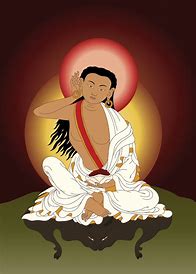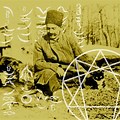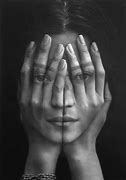Some Black Southern Baptists feel shut out by white leaders
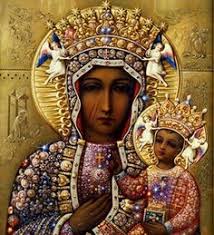







Some Black Southern Baptists feel shut out by white leaders
As a student in college and seminary, then as a pastor in Texas, Dwight McKissic has been affiliated with the Southern Baptist Convention for more than 45 years. Now he’s pondering whether he and his congregation should break away.
“It would feel like a divorce,” McKissic said. “That’s something I’ve never had, but that’s what it would feel like.”
If he does, he would be following in the footsteps of several other Black pastors who have recently exited in dismay over what they see as racial insensitivity from some leaders of the predominantly white SBC. Tensions are high after an election year in which racism was a central issue, and after a provocative declaration by SBC seminary presidents in late 2020 that a fundamental concept in the struggle against racial injustice contravenes church doctrine.
A crucial moment for McKissic and other Black pastors could come in June at the SBC’s national meeting in Nashville, Tennessee, if delegates rebuff their views on systemic racism in the U.S., and if Rev. Albert Mohler, a high-profile conservative who heads the Southern Baptist Theological Seminary, is elected SBC president.
Last year, even while announcing new scholarship funds for Black students, Mohler declined to change the names of buildings at his seminary named after slaveholders. More recently he played a key role in the seminary presidents' repudiation of critical race theory — a broad term used in academic and activist circles to describe critiques of systemic racism
The presidents later apologized for not consulting Black pastors before issuing that repudiation, but Mohler told The Associated Press the presidents would likely have reached the same decision in any case.
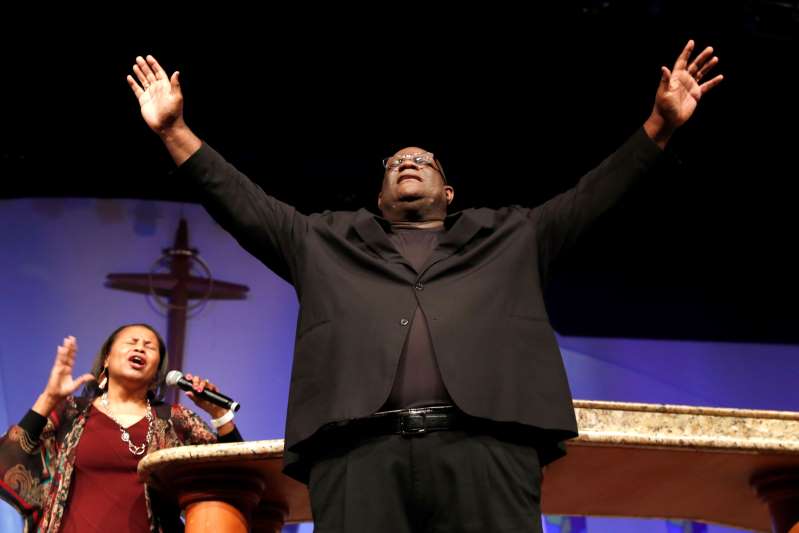
The seminary leaders' stance on critical race theory, as well as Mohler's public support for Donald Trump in the 2020 election, “should disqualify him from being SBC president,” said McKissic, who has become one of the SBC’s most prominent Black pastors since founding the Cornerstone Baptist Church in Arlington, Texas, in 1983.
Some of the pastors who cut ties with the SBC in recent months also share negative views of Mohler. The Rev. Ralph West, whose Church Without Walls in Houston claims a weekly attendance of 9,000, called him “a polarizing figure” who would worsen divisions within the SBC.
Mohler suggested his critics do not reflect the opinions of most Southern Baptists, white or Black.
“I believe I represent the vast mainstream of conservative Southern Baptists on these issues,” he said. “I think I am polarizing only at the extremes.”
Regarding Trump, who had overwhelming backing from white evangelicals, Mohler said he consistently pointed out the former president’s flaws, but opted to endorse him based on his stances opposing abortion and defending religious liberties.
The SBC, the largest Protestant denomination in the United States. was founded in an 1845 split with northern Baptists over slavery and became the church of Southern slaveholders. Its membership of about 14.5 million remains overwhelming white — its predominantly Black churches claim a combined membership of about 400,000.
While the SBC formally apologized in 1995 for its pro-slavery past, and later condemned white supremacy, some tensions flared again after the Nov. 30 statement from six seminary presidents, all of them white. They declared that critical race theory was “incompatible with” central tenets of the SBC’s Scripture-based theology.
The statement swiftly created friction far beyond the realm of SBC academia, particularly due to the lack of Black involvement in its drafting.
Virginia pastor Marshal Ausberry, president of the organization that represents the SBC’s Black pastors, wrote to the presidents saying concepts such as critical race theory “help us to see and discover otherwise undetected, systemic racism in institutions and in ourselves.”
“The optics of six Anglo brothers meeting to discuss racism and other related issues without having ethnic representation in the room in 2020 — at worst it looks like paternalism, at best insensitivity,” Ausberry, first vice president of the SBC, elaborated in an interview with Baptist Press, the SBC’s official news agency.
The presidents apologized for not consulting Black pastors and met with some of them Jan. 6, but have not wavered in their rejection of critical race theory.
McKissic, who was in the Jan. 6 meeting, said the conversation was polite “but the outcome was not respectful to who Black people are in our history.”
He’s likely to remain in the SBC until the June meeting but is prepared to exit then if the delegates ratify the presidents’ stance on critical race theory as official policy.
“if they adopt that statement in June, it would be the feeling to me that people you trusted hit you in the face with a baseball bat,” McKissic said.
Another possible trigger for him would be if delegates rescind a 2019 resolution that included a positive reference to critical race theory, suggesting it could be useful as an “analytical tool” as long as it was subordinate to Scripture.
The Rev. Charlie Dates of the Progressive Baptist Church in Chicago, one of the pastors who have already severed ties, said the November statement was “the last straw.”
“When did the theological architects of American slavery develop the moral character to tell the church how it should discuss and discern racism?” Dates wrote in an op-ed for Religion News Service. “The hard reality of the seminary presidents’ statement is that Black people will never gain full equality in the Southern Baptist Convention.”
Other Black pastors who have cut ties include the Rev. Seth Martin, whose multiracial Brook Community Church in Minneapolis had been receiving financial support from the Southern Baptist association in Minnesota, and the Rev. Joel Bowman, who abandoned plans to move his Temple of Faith Baptist Church in Louisville, Kentucky, into the SBC fold.
“I genuinely believe the SBC is headed in the wrong direction,” Bowman said. “White evangelicals have gotten in bed with the Republican Party.”
Some white SBC pastors are also troubled, such as the Rev. Ed Litton of Mobile, Alabama, who is one of Mohler’s rivals for the SBC presidency. McKissic has endorsed Litton's candidacy.
Litton was a co-signer of a statement by a multiethnic group of Southern Baptists last month which asserted that “some recent events have left many brothers and sisters of color feeling betrayed and wondering if the SBC is committed to racial reconciliation.”
Reference: Associated Press: By DAVID CRARY, AP National Writer
1,500-year-old 'Christ, born of Mary' inscription discovered in Israel
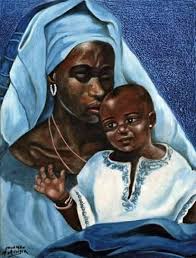








1,500-year-old 'Christ, born of Mary' inscription discovered in Israel
Archaeologists have unearthed a 1,500-year-old inscribed Christian blessing that begins, "Christ, born of Mary," the Israel Antiquities Authority (IAA) reported Wednesday (Jan. 20).
The stone inscription, written in Greek, was once part of a lintel (the structure that spans the top of door frames) that decorated the entrance of a church, located in what is now et-Taiyiba (also called Taiba), a village in Israel's northern Jezreel Valley.
The church itself dates to the late fifth century A.D., meaning it was built during either the late Byzantine Empire or early Islamic period. In addition to the lintel, archaeologists found that the previously unknown church contained mosaic pavements arranged in a geometric design.
The inscription was likely created for the church's opening dedication, according to Leah Di-Segni, a researcher at the Institute of Archaeology of the Hebrew University of Jerusalem, who translated the text. In full, the inscription reads, "Christ born of Mary. This work of the most God-fearing and pious bishop [Theodo]sius and the miserable Th[omas] was built from the foundation - -. Whoever enters should pray for them."
The opening line, "Christ born of Mary," was likely intended to protect the reader of the inscription from evil forces — it's a common phrase used in inscriptions and documents from that time, Di-Segni said.
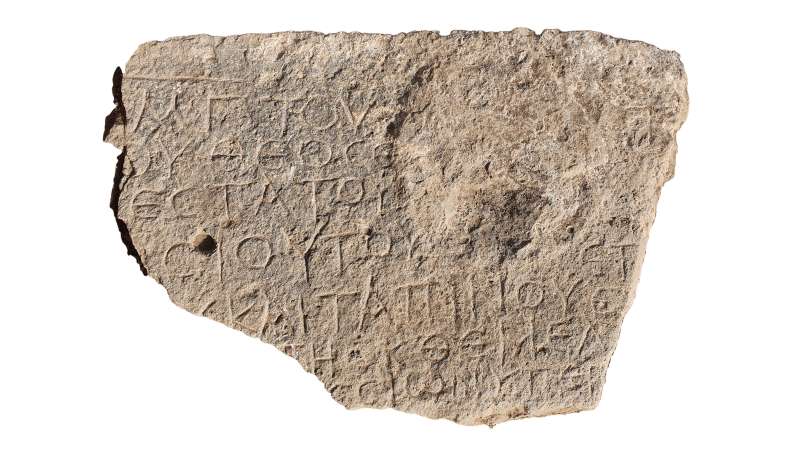
"The inscription greets those who enter and blesses them," Di-Segni said in a statement from the IAA. "It is therefore clear that the building is a church, and not a monastery: Churches greeted believers at their entrance, while monasteries tended not to do this."
Theodosius, one of the men referenced in the inscription, was one of the first Christian bishops and the building's founder. Theodosius was a regional archbishop, meaning he had religious authority over the larger metropolis of Bet She'an, which included what is now et-Taiyiba.
"This is the first evidence of the Byzantine church's existence in the village of et-Taiyiba, and it adds to other finds attesting to the activities of Christians who lived in the region," Walid Atrash, an archaeologist at the IAA, said in the statement. Previously, archaeologists found the remains of a church from the Crusader period, as well as a monastery that was under the jurisdiction of Bet She'an religious metropolis.
Like many other ancient stone blocks — for instance, an 1,800-year-old altar to the pagan god Pan that was repurposed as a brick in a Byzantine church in Israel — the lintel was reused at a later date. "It was now found incorporated in the walls, therefore we know that the stone was reused as construction material. Likely the building collapsed and was rebuilt," Yardenna Alexandre, an archaeologist with the IAA, told The Jerusalem Post.
During the Byzantine period (fifth to seven centuries), this place was a Christian village, and it transformed into a Christian fortress during Crusader times. "The modern Arab village grew around it, and some remains are still visible," Alexandre said.
Archaeologists found the church ahead of a road construction project. Tzachi Lang and Kojan Haku, archaeologists at the Israel Antiquities Authority, directed the excavation, and received help from the public, including students, volunteers and local workers, the IAA reported.
Pope Francis will receive Covid-19 jab this week








Pope Francis will receive Covid-19 jab this week
Pope Francis will receive his Covid-19 vaccine this week, days after his personal doctor died from complications with the virus.
The pontiff said it was an 'ethical duty' for everyone to get inoculated as Vatican City prepares for its rollout of the jabs.
He told Italian news outlet TG5: 'Everyone should get the vaccine. Without a vaccine, you are playing with health, life, but also with the health of others.'
The city state expects to receive enough doses to inoculate all 450 residents and workers.
Ultra-cold fridges have been moved into the Holy City to store the jabs developed by Pfizer and BioNTech.
Pope Francis had part of a lung removed when he was a young man in his native Argentina, making him potentially vulnerable to the disease.
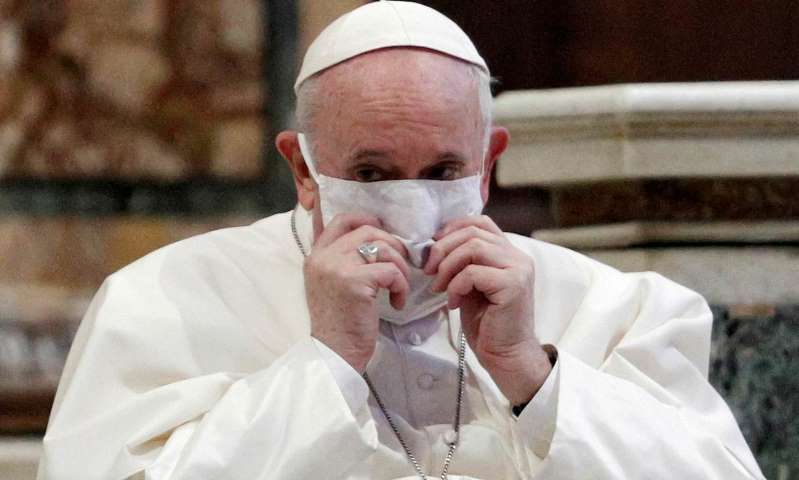
He has been frequently vocal in his support of vaccines despite misgivings among some Catholics over the way they are developed.
Last month, the Vatican declared it is 'morally acceptable' for Roman Catholics to receive Covid vaccines even though they are based on research that used fetal tissue from abortions.
The Congregation for the Doctrine of the Faith, the Vatican's watchdog office for doctrinal orthodoxy, said it addressed the question after receiving several requests for 'guidance' during recent months.
The Church has previously raised concerns about vaccines being prepared from cells derived from aborted fetuses.
The Catholic Church's teaching says that abortion is a grave sin, but the Vatican said Covid vaccines were acceptable because 'ethically irreproachable' vaccines aren't available to the public.
But it stressed that the 'licit' uses of such vaccines 'does not and should not in any way imply that there is a moral endorsement of the use of cell lines proceeding from aborted fetuses;,
In its statement, the Vatican explained that obtaining vaccines that do not pose an ethical dilemma is not always possible.
It comes after Pope Francis' personal doctor died from Covid complications aged 78 over the weekend.
Fabrizio Soccorsi, who was chosen as the pontiff's personal medic in 2015, was hospitalised on Boxing Day for a previous oncological disease.
It is not known when he was last in close contact with the Pope before his death on Saturday.
Reference: Daily Mail: Jack Newman For Mailonline
Vatican starts COVID-19 vaccinations








Vatican starts COVID-19 vaccinations
VATICAN CITY (Reuters) - The Vatican, the world's smallest state, began its COVID-19 vaccination program on Wednesday but it was not clear when Pope Francis would get his shot.
A statement said the program started in the atrium of the large hall normally used for papal audiences. It gave no details but a source said the first doses were administered to doctors and other members of the Vatican health services.
Pictures released by the Vatican showed a medical examination table and a chair, both empty. Another showed a medical refrigerator in a room with a photo of the pope on a wall.
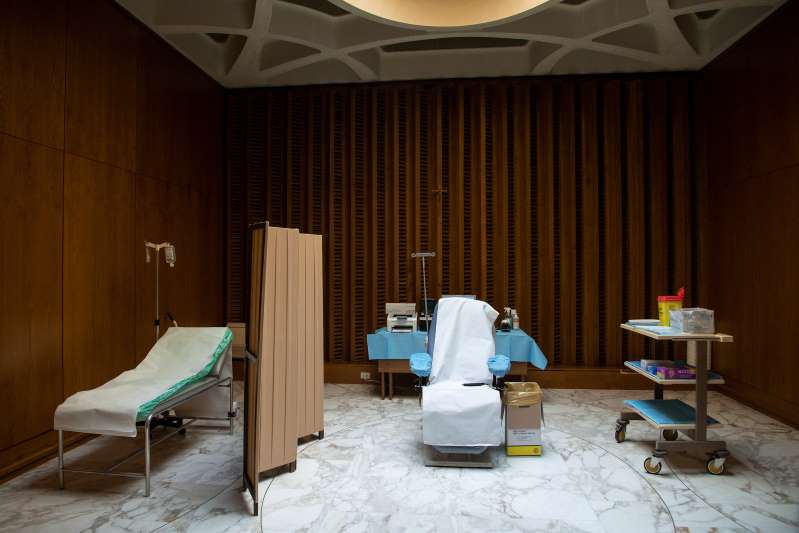
The Vatican said last week it had bought an ultra-cold refrigerator to store doses, suggesting it will use the vaccine developed by Pfizer and BioNTech, which must be stored at about minus 70 degrees Celsius (minus 94 Fahrenheit).
The pope told a television interviewer on Sunday that he would get the vaccine this week. The Vatican said it had no comment on an Argentine report that he was among the first to get the vaccine.
In the interview, Francis said people should trust doctors and not refuse the vaccine unless they had good medical reasons because their lives and those of others depended on it.
"I really don't understand why some people say this could be a dangerous vaccine. If doctors say it can work well and you don't have special dangers, why not take it? There is a suicidal denialism that I would not know how to explain, but the vaccine must be taken," he said.
Francis, who turned 84 last month, had part of one lung removed during an illness when he was a young man in his native Argentina, increasing his vulnerability to the disease.
The Vatican has only several hundred residents. Most of its employees live in Italy and they too will be getting the vaccine.
There have been fewer than 30 cases of coronavirus in Vatican City, most of them among the Swiss Guard, who live in a communal barracks.
Reuters:By Philip Pullella
Articles-Latest
- Koran burning conviction sparks fury as blasphemy law 'returns to UK'
- Robert Francis Prevost - Pope Leo XIV
- Pope Francis' death follows recent health challenges. Here's what we know about how he died.
- Easter April 2025 - international Celebrations
- The Rule of the twelve psalms -Worthy is the Lamb
- Religion in Africa Before Christianity and Islam
- 6 The Origin of Yahweh
- Dumo Di Milano
- What Did the Crow Tribe Believe In: Discover The Beliefs!
- 7 Reasons Historic Christianity Rejects the Book of Enoch
- 8 Breathtaking Mountain Monasteries Around the World
- Ethiopian Bible is oldest and most complete on earth
- Muhammad Muhammad was a prophet and founder of Islam.
- World Day of the Poor – SVP Christmas Campaign 2024
- Pope Francis to open 5 sacred portals on Christmas Eve — for a ritual that’s never been done before
- The 144,000 in Revelation
- Over 73 dead bodies 'used for meditation', 600 crocs in a pond, found in two Thai temples
- Occultism: Western Occult Tradition
- What is a Mudra
- Blood Sacrifices: Ancient Rituals of Life and Death
Articles-Most Read
- Home
- Let There Be Light
- Plants that feel and Speak
- The Singing Forest
- The Singing Forest-2
- Introduction
- Meditation
- Using Essential Oils for Spiritual Connection
- Heaven Scent
- Plants that Feel and Speak-2
- Purification
- Making the Spiritual Connection
- Anointing
- Essential Oils: The unseen Energies
- The Sanctity of Plants
- The Aroma Of Worship-Foreward
- The Aroma Of Worship - Introduction
- Methods Of Use
- Spiritual Blending
- Handling and Storage


